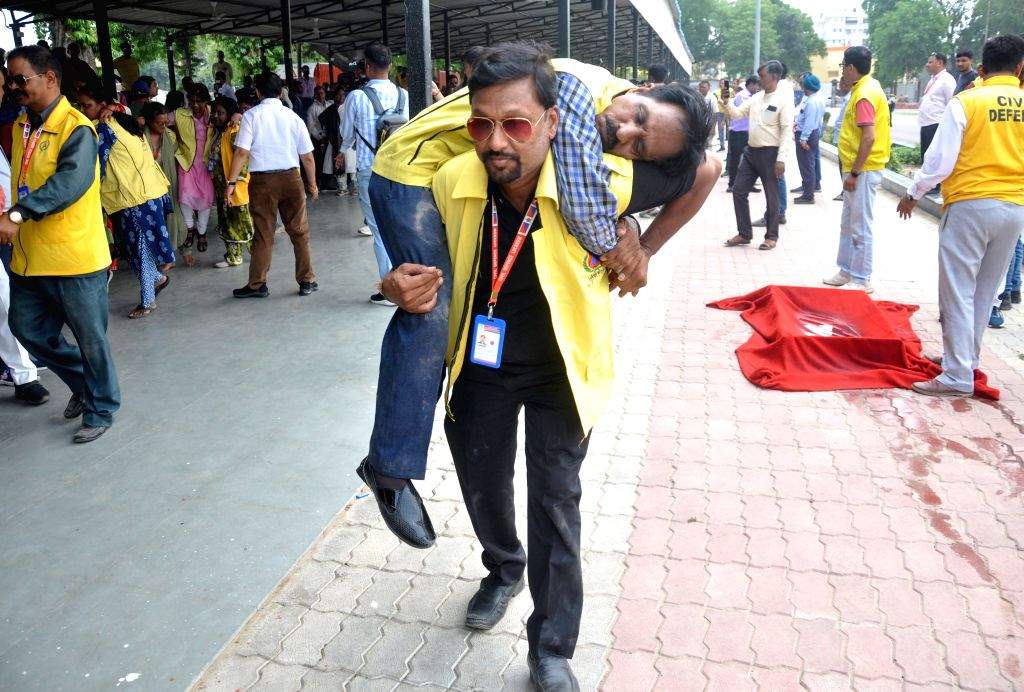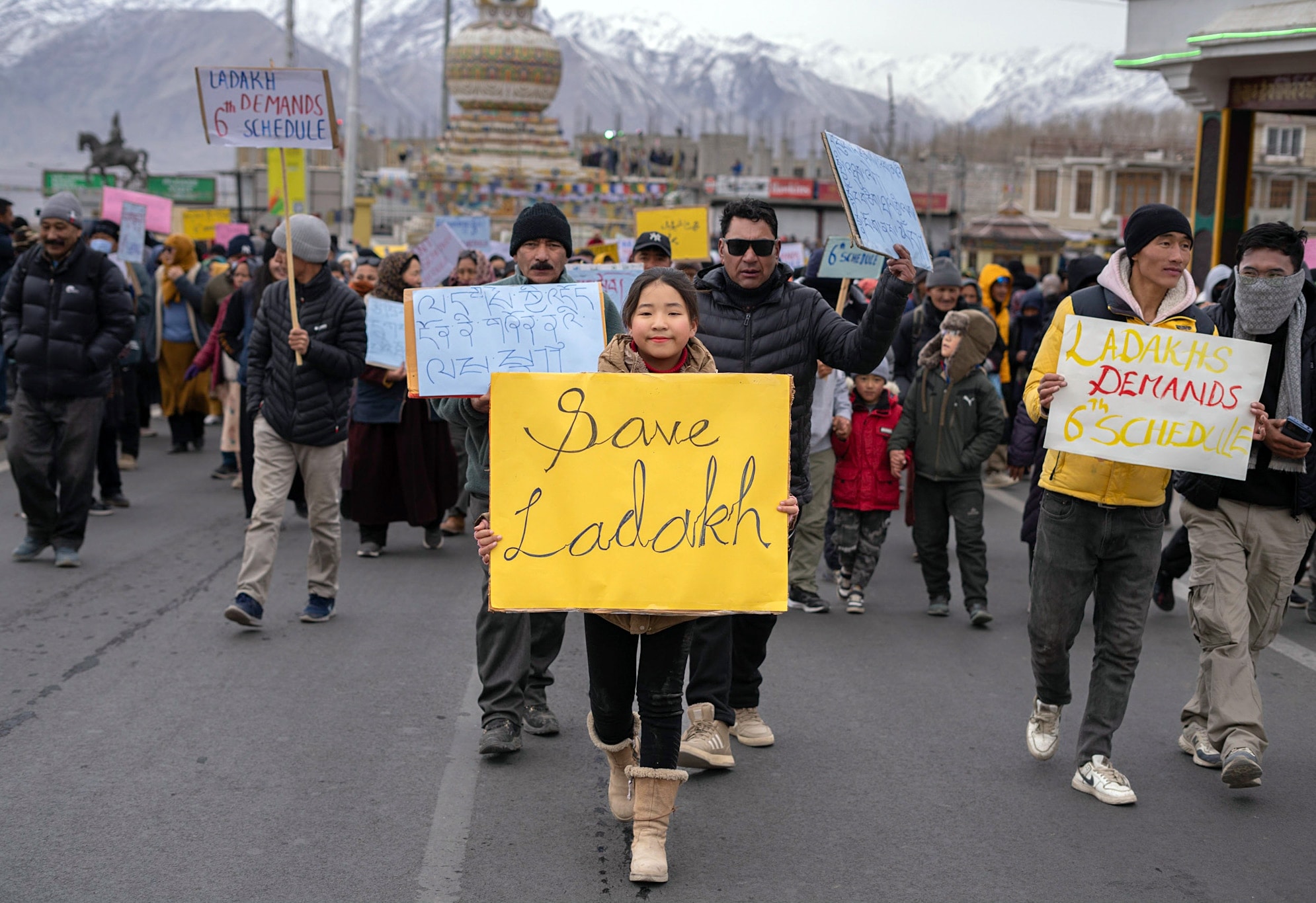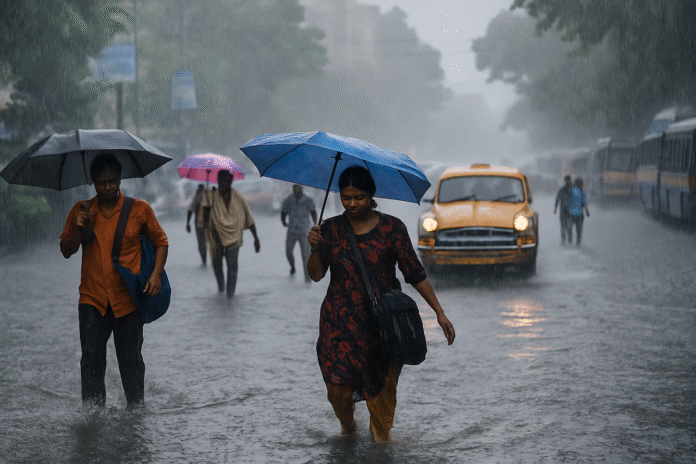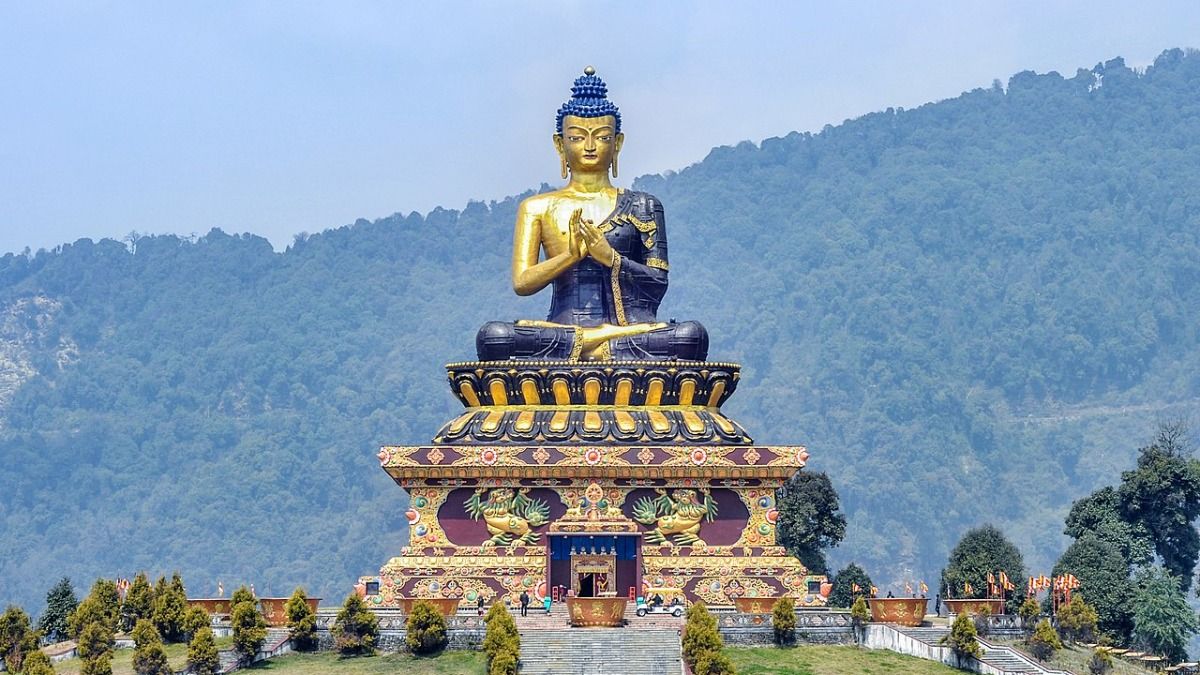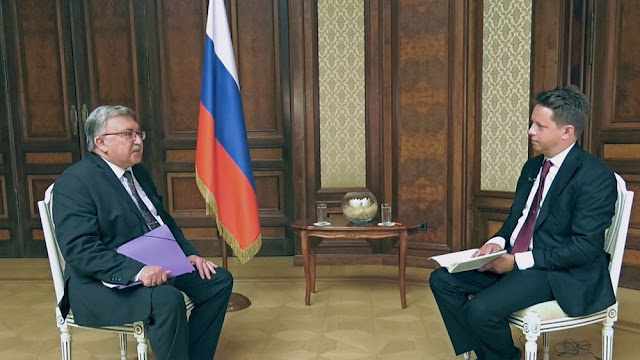KalimNews and Agencies, May 6, 2025 : As tensions between India and Pakistan persist, the Union Ministry of Home Affairs (MHA) has directed all states and Union Territories to participate in a nationwide civil defence mock drill on May 7, 2025. This exercise is a vital component in assessing the nation’s preparedness for emergencies, including both natural disasters and hostile attacks. The drill will span 244 districts across the country, categorized as civil defence zones, as mandated by the Civil Defence Act of 1968.
The civil defence initiative, a government effort aimed at safeguarding civilians from military attacks and providing swift assistance during emergencies, involves the active participation of volunteers. These volunteers, who undergo specialized training, play a crucial role in offering immediate relief in the critical first few minutes of a disaster, before official agencies arrive on the scene. Civil defence organisations are structured to provide assistance in a variety of emergency scenarios, including floods, earthquakes, terror attacks, and explosions.
The MHA’s directive, issued on May 5, 2025, calls for the simulation of key civil defence protocols, including evacuation procedures, the functionality of air-raid warning systems, and readiness to respond to hostile threats. The mock drill will be conducted in areas with sensitive infrastructure, including military bases, nuclear plants, and refineries, where the risk of potential attacks or disasters is highest.
India’s decision to formalize civil defence initiatives came after the 1962 India-China war, which exposed the need for organized systems of civil protection. Although initial efforts focused on raising awareness and preparing contingency plans for cities, the India-Pakistan conflict of 1965 led to the creation of the Civil Defence Act of 1968. This legislation established a structured civil defence system with a core group of trained personnel. In 2009, the Civil Defence (Amendment) Act expanded the role of civil defence personnel to include disaster management, allowing them to offer support during both natural and man-made emergencies.
Today, civil defence organizations operate primarily on a voluntary basis, with a small nucleus of paid staff and an existing infrastructure that is expanded during emergencies. The target volunteer strength for civil defence across India stands at 14.11 lakh, with over 5.38 lakh volunteers currently enlisted.
As part of the civil defence drill, several initiatives will be tested to ensure operational readiness. These include the use of air-raid warning sirens to alert the public, educating civilians and students about protective measures during attacks, and implementing blackout protocols to reduce visibility during air raids. Additionally, critical infrastructure such as power plants, military bases, and refineries will undergo camouflage procedures to protect them from aerial surveillance or attacks. Evacuation plans will also be updated and rehearsed to ensure swift and organized responses in times of crisis.
The MHA’s directive further emphasizes the readiness of the National Disaster Response Force (NDRF) and State Disaster Response Force (SDRF), ordering these units to be fully prepared for any emergency situations that may arise during the exercise.
Strategically sensitive regions across India will participate in the mock drills, which will take place in areas like Maharashtra’s Mumbai and Uran, which house critical installations such as the Jawaharlal Nehru Port and the Tarapur nuclear power plant. In Karnataka, cities like Bengaluru, Raichur, and Karwar, which are home to vital infrastructure such as thermal and nuclear power plants, will also participate in the exercise.
As the nationwide mock drill approaches, the success of this exercise will provide crucial insights into the country’s ability to manage large-scale emergencies. The civil defence organizations, working in tandem with local authorities, will play a key role in reducing the impact of disasters and ensuring the safety of civilians. By testing and refining emergency protocols, the exercise will help build a more resilient and prepared India, capable of responding swiftly and effectively to both natural and man-made threats.
This national drill serves as a timely reminder of the importance of civil defence in safeguarding lives during emergencies. With the first few moments of any disaster being critical, the enhanced coordination and preparedness of civil defence personnel will be pivotal in minimizing losses and ensuring a swift response to any crisis that may unfold.


